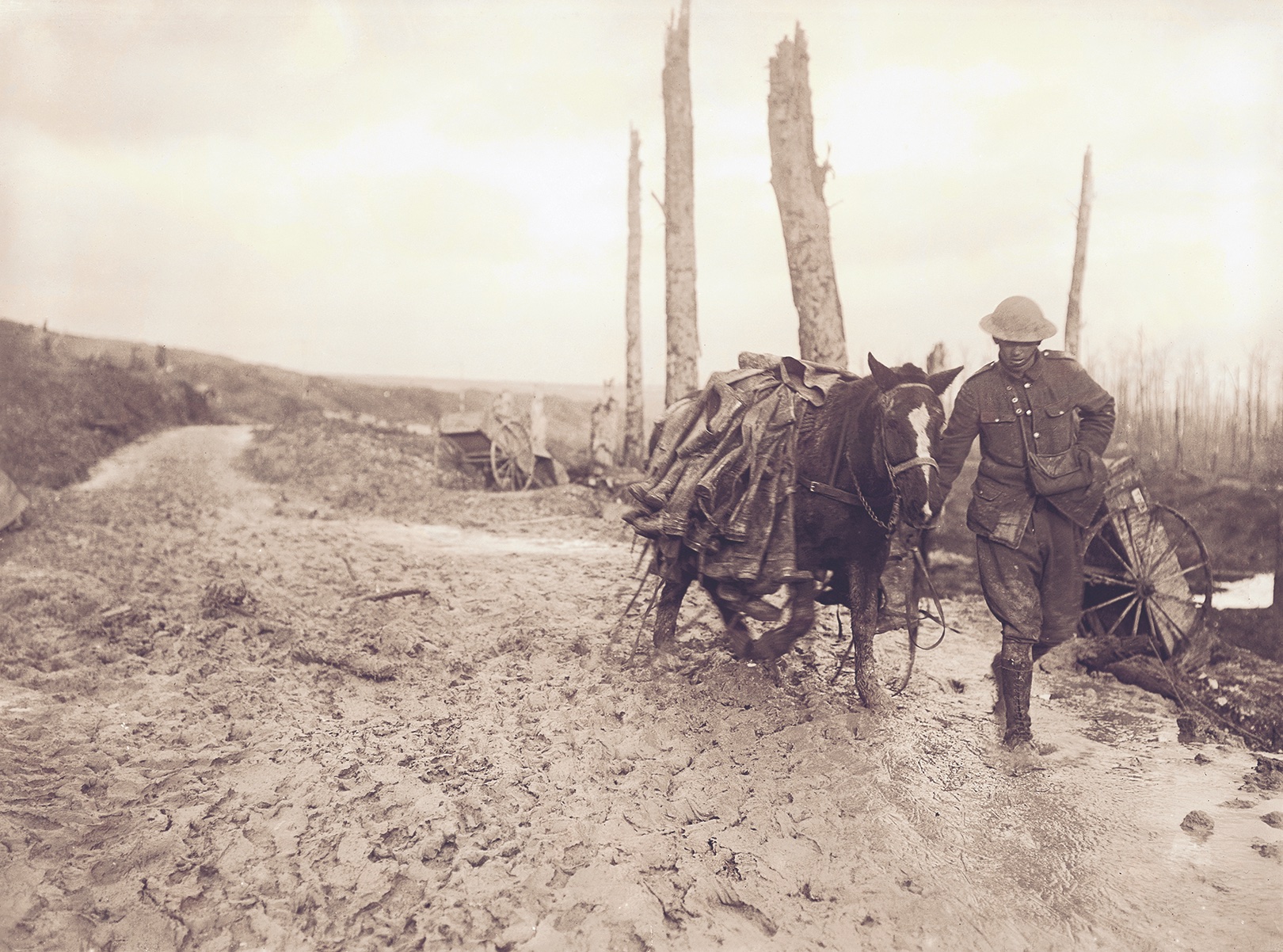Colin McIntyre was born in 1927 in Buenos Aires, Argentina, where his Scottish parents had moved so that his father could take a job running a British cotton factory there. At age 18 McIntyre left home to join the British Army and was commissioned in the Black Watch, his father’s old regiment. He saw no combat in World War II but served as a platoon commander and company commander with the Lovat Scouts in Greece in 1946 and as a captain and staff officer with the 6th Airborne Division in Palestine. During this period he became one of the “Oasis Poets,” who had come together in Cairo and published their first anthology of wartime poetry there in 1943.
With the end of the war McIntyre left the army to study English at Harvard University, where he met his future wife. In 1952 he moved to England to join the BBC World Service as an editor, and four years later he became a BBC correspondent at the United Nations, where he covered the Suez and Hungary crises. He also enlisted in the Territorial Army (today the Army Reserve), where in time he would rise to the rank of major.
In 1974 the BBC tapped McIntyre to head its newly launched Ceefax teletext service, which exploited the unused lines of a television signal to transmit news, weather reports, and other information. McIntyre liked to describe Ceefax as “printed radio,” and under his leadership it would eventually attract some 22 million viewers a week. He took early retirement in 1982, explaining that he wanted to devote more time to his “42 hobbies and interests.” One of those interests was military history, and in 1990 he published two books in the genre, Monuments of War: How to Read a War Memorial and World War II at Sea.
In 2005 McIntyre became the editor of the Salamander Oasis Trust, a charity set up to collect, edit, and publish poetry written by soldiers who served in World War II, on the death of its founder and editor in chief, Victor Selwyn. That same year the organization finished transferring more than 20,000 original poems, diaries, drawings, and letters it had collected to the Imperial War Museum in London.
McIntyre died at age 85 in 2012. The poem above is reprinted with the permission of his son, Angus McIntyre.
HORSE TRANSPORT
Horses are not for war.
Perhaps for the sabre-slash
of the hunting-field,
or a white-lathered dash
into clay-thick farmyards,
or the soft-silver slide
of Imperial Reviews.
But not for the uphill slog
as pack transport,
the noise, mud, shell-sliver
scream of beast panic
as artillery-fire rains down.
Their soft quivering noses
are too pure, too soft,
too velvety-kind.
Only Man deserves
brute suffering.
This article appears in the Winter 2020 issue (Vol. 33, No. 2) of MHQ—The Quarterly Journal of Military History with the headline: Poetry | Collateral Casualties
Want to have the lavishly illustrated, premium-quality print edition of MHQ delivered directly to you four times a year? Subscribe now at special savings!





